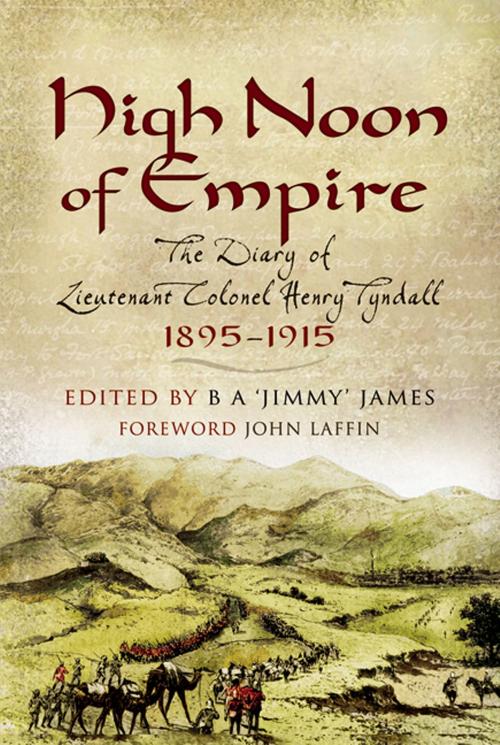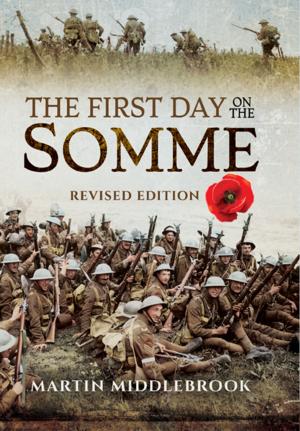High Noon of Empire
The Diary of Lieutenant Colonel Henry Tyndall 1895 to 1915
Nonfiction, History, Modern, Biography & Memoir, Historical| Author: | B James | ISBN: | 9781781594605 |
| Publisher: | Pen and Sword | Publication: | November 13, 2007 |
| Imprint: | Pen and Sword Military | Language: | English |
| Author: | B James |
| ISBN: | 9781781594605 |
| Publisher: | Pen and Sword |
| Publication: | November 13, 2007 |
| Imprint: | Pen and Sword Military |
| Language: | English |
Henry Tyndall was a typical product of the Victorian age - an intensely patriotic army officer who served in India, on the North-West Frontier, on the Western Front and in East Africa at the height of the British empire. For 20 years, from 1895 to 1915, he kept a detailed diary that gives a vivid insight into his daily life and concerns, his fellow officers and men, and the British army of his day. He also left a graphic account of his experiences on campaign in the First World War and in the Third Afghan War.
B.A. 'Jimmy' James has edited and annotated Tyndall's diary in order to make it fully accessible to the modern reader. As he notes in his introduction, 'this marching soldier of the queen was a gallant officer who conscientiously served his sovereign wherever duty called... his diary deserves attention as it reflects the manners, customs and attitudes of this vanished age.'
Henry Tyndall was a typical product of the Victorian age - an intensely patriotic army officer who served in India, on the North-West Frontier, on the Western Front and in East Africa at the height of the British empire. For 20 years, from 1895 to 1915, he kept a detailed diary that gives a vivid insight into his daily life and concerns, his fellow officers and men, and the British army of his day. He also left a graphic account of his experiences on campaign in the First World War and in the Third Afghan War.
B.A. 'Jimmy' James has edited and annotated Tyndall's diary in order to make it fully accessible to the modern reader. As he notes in his introduction, 'this marching soldier of the queen was a gallant officer who conscientiously served his sovereign wherever duty called... his diary deserves attention as it reflects the manners, customs and attitudes of this vanished age.'















